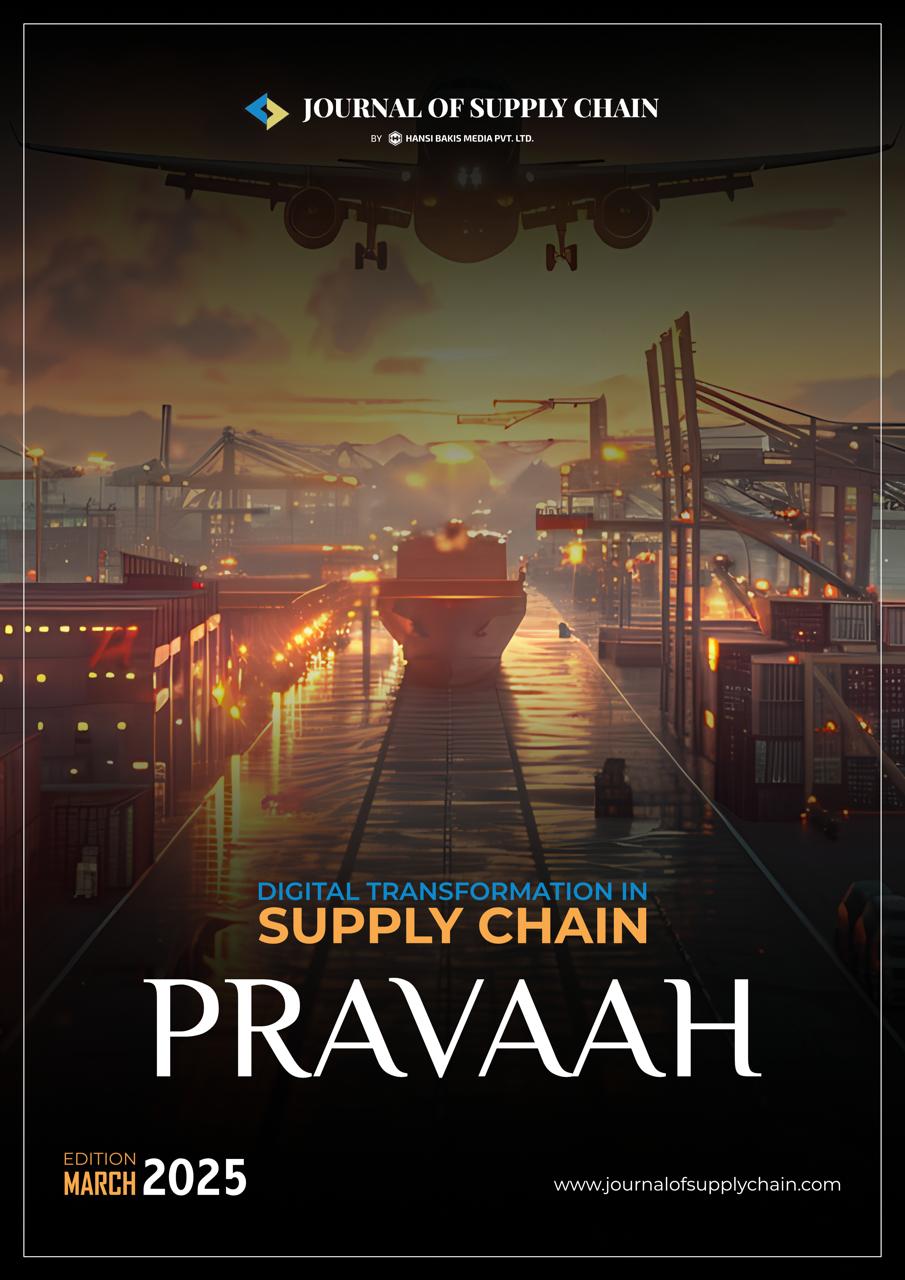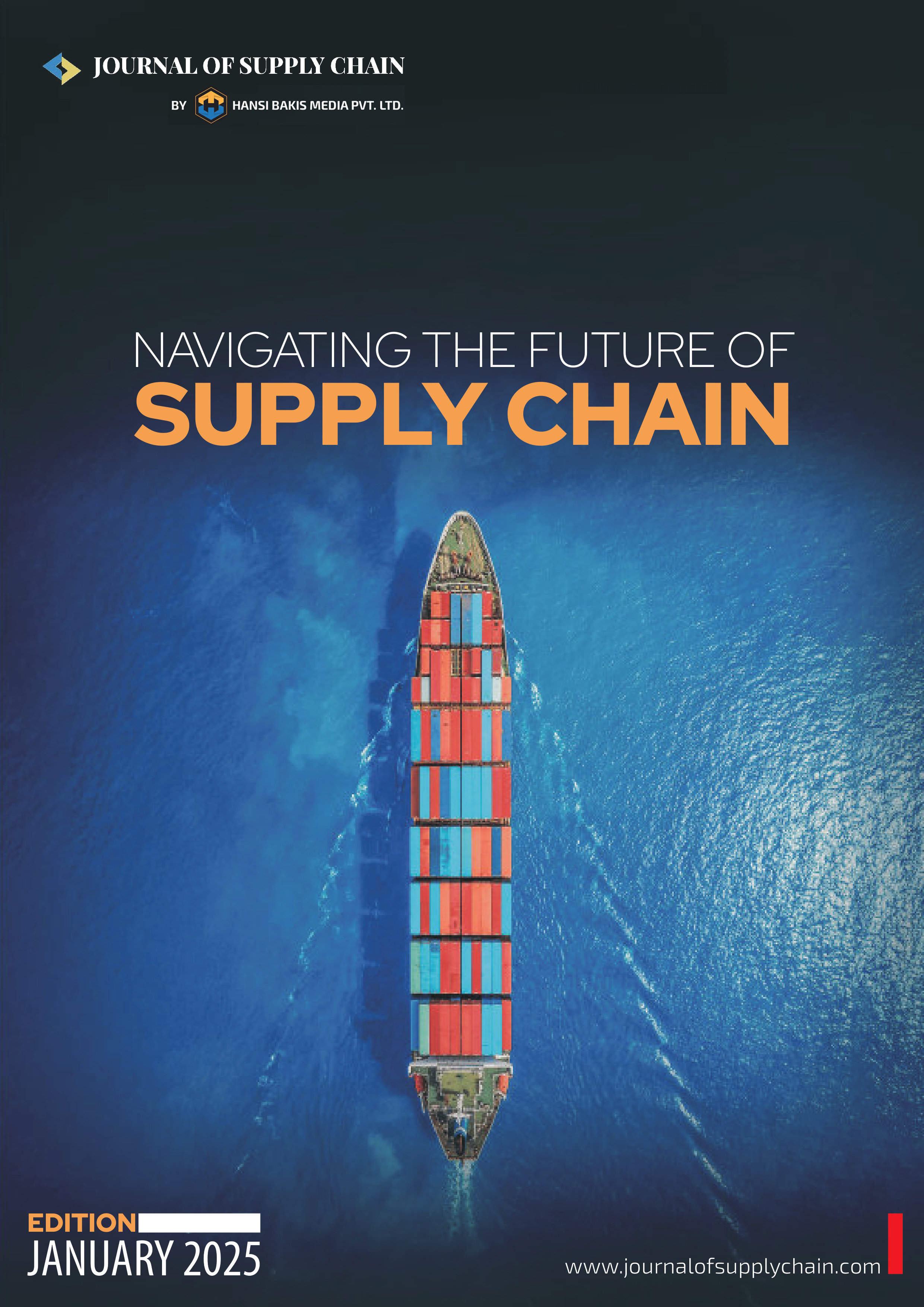India A Top Food Producer, But Just 2% Agri-Exporter, Logistics Is Missing Linkt
Citrus Freight, launched in 2021 by serial entrepreneur Biplob, is disrupting India’s agri-logistics sector through its full-stack, tech-driven digital supply chain management platform. The platform enables seamless booking, tracking, and management of reefer containers with real-time temperature visibility, drastically reducing spoilage and boosting export efficiency for small and mid-sized businesses (SMBs). Designed for India’s agricultural exporters including FPOs Citrus Freight has minimized booking times from 72 hours to just 10 minutes, enhancing supply and chain efficiency. India loses nearly 40% of its perishables due to broken cold chain logistics, despite $30 billion in agri-exports in 2024. Biplob sees a 10x growth potential in India's perishables export market if infrastructure bottlenecks are addressed. Citrus Freight’s platform supports container bookings (20ft and 40ft), port registration, and AD code assistance, making it a game-changer in electronic supply chain management. Currently India’s largest ocean freight exporter of perishables, Citrus plans to expand into frozen food and seafood logistics, backed by recent funding of ₹2.5 crore. With AI, IoT, and predictive analytics integration, Citrus Freight exemplifies SCM innovations in India and the future of supply chain management. Their mobile-first platform sets new benchmarks in digital supply chain transformation.








